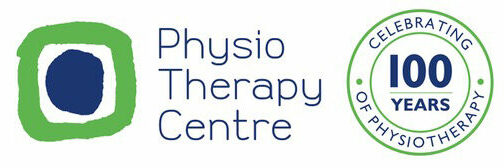Get moving because it good for your health. The data, from a total 174 studies comprising 149,184,285 total person-years of follow-up, suggest that the more total regular daily physical activity one engages in — including recreation, transportation, occupational activity, and/or daily chores — the lower the risks for breast cancer, colon cancer, diabetes, ischaemic heart disease, and ischaemic stroke.
However, significant reductions in those conditions were seen only with total activity levels considerably higher than the minimum 600 metabolic equivalent (MET) minutes per week recommended by the World Health Organization for health benefits. That 600 METs equates to about 150 minutes/week of brisk walking or 75 minutes/week of running. (A MET is defined as the ratio of the metabolic rate during that activity to the metabolic rate when resting.)
Risks of the five conditions dropped significantly with an increase in MET minutes per week from 600 to 3000 to 4000, with less additive benefit seen above that level.
For reference, the authors say, “a person can achieve 3000 MET minutes/week by incorporating different types of physical activity into the daily routine — for example, climbing stairs 10 minutes, vacuuming 15 minutes, gardening 20 minutes, running 20 minutes, and walking or cycling for transportation 25 minutes on a daily basis would together achieve about 3000 MET minutes a week.”
But any physical activity is better than none, senior author Mohammad H Forouzanfar, MD, PhD, assistant professor of global health at the University of Washington, told Medscape Medical News.
“This amount might seem a bit large, but this is about total activity across all domains of life.…For people who currently don’t exercise, clinicians could encourage them to incorporate physical activity into their daily routines, [such as] turning household chores into exercise. It is also important to consider that we didn’t detect a threshold for the benefits, and more activity at every level is recommended, considering the overall condition of individuals.”
Another recent meta-analysis of trials involving more than one million individuals indicated that an hour of moderate-intensity activity, such as brisk walking or cycling, offsets the health risks of 8 hours of sitting. The message that physical inactivity is a killer — leading to 5.3 million premature deaths annually worldwide, which is as many as caused by smoking and twice as many as associated with obesity, has been emerging over the past few years, with warnings that “sitting is the new smoking.”
http://wb.md/2cCdsFJ


